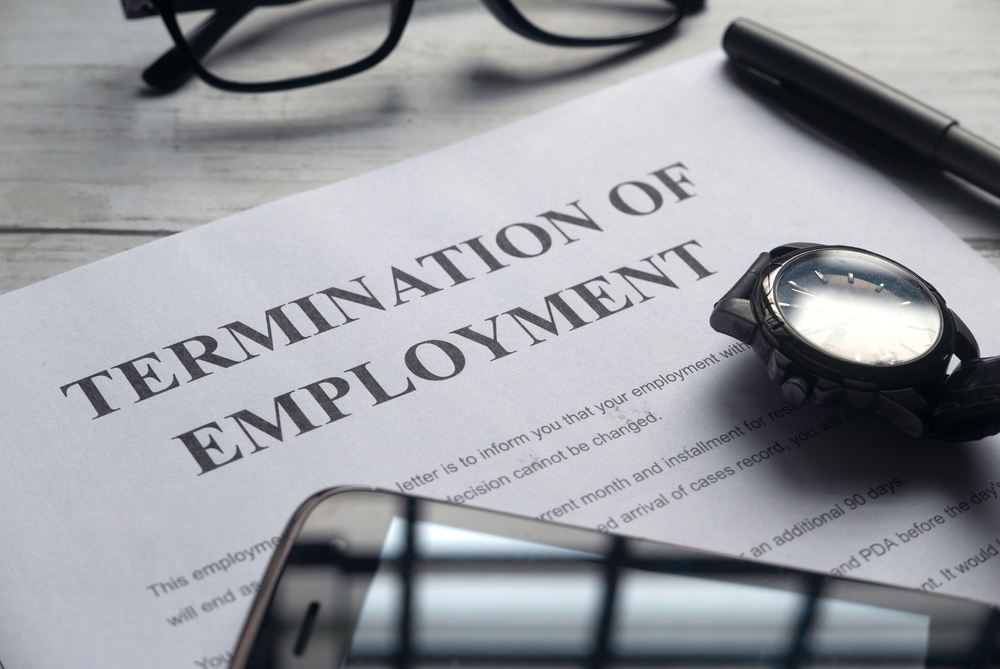
Losing your job after speaking up about unsafe working conditions is more common in New Jersey than many workers realize. It’s an unfair situation that leaves people wondering, “Do I have any rights?” The truth is, you do.
At Lipari & Deiter, we stand with South Jersey employees who face retaliation for doing the right thing. State law gives workers powerful protections when they raise safety concerns, but employers and insurers often push back. This blog will explain how New Jersey’s whistleblower retaliation laws work, what retaliation can look like, and what steps you should take if you were fired for putting safety first.
What Laws Protect You When You Report Unsafe Conditions?
New Jersey has some of the strongest worker protection laws in the country. If you reported unsafe practices, you may be protected under the following:
Conscientious Employee Protection Act (CEPA)
Often called New Jersey’s whistleblower law, CEPA protects employees who disclose, object to, or refuse to participate in conduct they reasonably believe is unlawful, fraudulent, or unsafe.
Importantly, it does not matter if the issue turns out to be unfounded for this protection to stand. What matters is that you had a reasonable belief that something was wrong.
Independent Contractor Coverage
In certain cases, CEPA may also extend protections to workers labeled as independent contractors, particularly if the employer controls how the work is done or if the work is integral to the business.
Notice Requirement
If you plan to report to a public agency, CEPA generally requires you to first submit a written complaint to a supervisor and give the employer a reasonable opportunity to fix the problem. The only exceptions are when it’s an emergency or when a supervisor already knew about the danger.
Other Retaliation Protections
Additional State and Federal laws, such as the Law Against Discrimination (LAD), and the Occupational Safety and Health Act (OSHA), also prohibit retaliation in specific contexts.
These laws exist to ensure that no worker is punished for raising legitimate safety concerns.
What Counts as Retaliation in New Jersey?
Retaliation is not limited to being fired. It can include any negative action taken against you because you spoke up, such as:
- Demotion or termination.
- Reduced hours or pay cuts.
- Unwanted shift or duty changes.
- Harassment or intimidation at work.
- Unfounded poor performance reviews.
If these actions happen shortly after your complaint, they may signal unlawful retaliation. CEPA specifically protects employees from these kinds of adverse employment actions when they occur after a protected activity, such as reporting unsafe conditions.
What to Do If You Were Fired After Reporting Unsafe Conditions
If you believe you were retaliated against, here are the key steps to take right away:
Document everything.
Save copies of emails, texts, written complaints, responses, and any notes from coworkers who witnessed what happened.
Track the timing.
Courts pay close attention to how quickly negative actions followed your complaint.
Don’t sign anything without advice.
Employers may offer severance in exchange for waiving your rights. Speak to an attorney before signing.
Know your deadlines.
Under CEPA, you generally have one year from the date of retaliation to file a claim.
Find out where to file.
CEPA claims must be filed in New Jersey Superior Court. Filing in court allows you to pursue the full range of remedies available under the law.
Be aware of remedies.
A successful CEPA claim may result in reinstatement, back pay, compensation for emotional distress, and, in some cases, punitive damages. You may also recover attorneys’ fees and court costs.
Consult with a New Jersey employment law attorney.
These cases can be complex, and deadlines are strict. A South Jersey employent law attorney can help preserve key evidence, ensure your claim is filed on time, and build the strongest case possible to protect your rights.
Why Retaliation Cases Matter for Workers in New Jersey
Workplace safety depends on employees who are willing to speak up. If retaliation goes unchecked, it discourages others from reporting dangerous conditions. That’s why New Jersey law treats retaliation so seriously. By standing up for yourself, you also help protect your coworkers and ensure safer workplaces for everyone.
How Lipari & Deiter Can Help
At Lipari & Deiter, we know that retaliation cases are not just about the law; they are about real people trying to rebuild their stability after an unfair loss. When you come to us, we take the time to listen to your story, evaluate the facts, and explain your options clearly.
Our role is to guide you through the process, handle the legal complexities, and stand up to employers and insurers on your behalf. We are committed to protecting your rights and pursuing the fair treatment you deserve, whether that means seeking compensation, negotiating a resolution, or fighting for you in court.
If you were let go for raising safety concerns, Lipari & Deiter is here to be your advocate every step of the way.
Fired for Reporting Unsafe Conditions? Lipari & Deiter Is Here to Protect Your Rights
If you lost your job after reporting unsafe working conditions in New Jersey, it’s important to know you have rights and options. Retaliation can take away your income, your peace of mind, and your sense of security, but the law is on your side.
At Lipari & Deiter, our South Jersey employment law attorneys are dedicated to standing up for workers who face unfair treatment after doing the right thing. We help employees hold employers accountable under New Jersey’s whistleblower and retaliation laws, and we work to pursue outcomes that can restore stability and protect your future.
Don’t wait to get the guidance you need. Contact us today for a confidential consultation, and let us help you take the next step toward justice and fair treatment.
Disclaimer: The articles on this blog are for informative purposes only and are no substitute for legal advice or an attorney-client relationship. If you are seeking legal advice, please contact our law firm directly.
